Home>Ideas and Tips>The Enigma Of Endless Hot Water
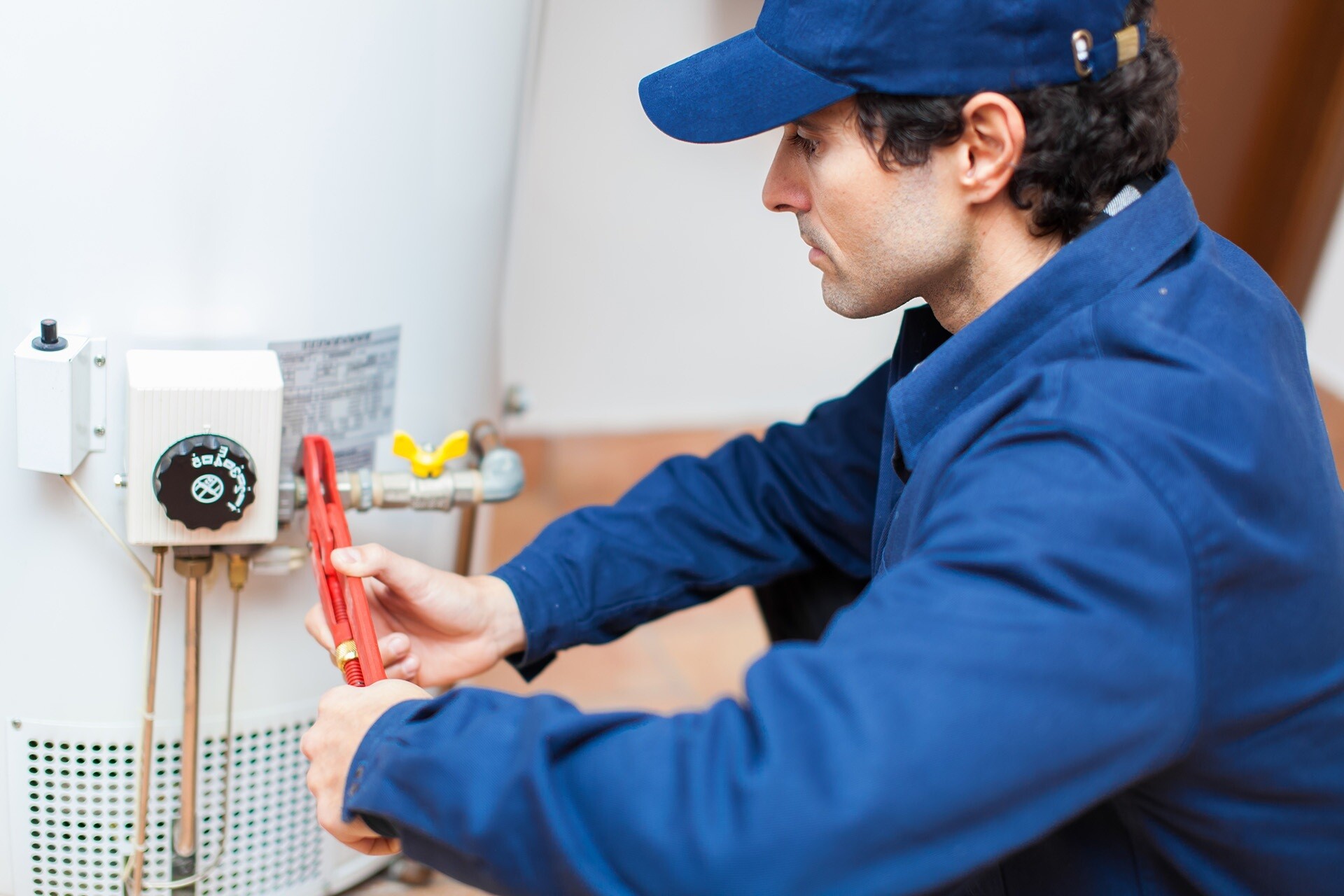

Ideas and Tips
The Enigma Of Endless Hot Water
Published: October 20, 2024
Discover the benefits and mechanics of tankless water heaters, offering endless hot water, energy efficiency, and space-saving solutions for modern homes.
(Many of the links in this article redirect to a specific reviewed product. Your purchase of these products through affiliate links helps to generate commission for Storables.com, at no extra cost. Learn more)
In the quest for comfort and convenience, few aspects of home improvement have garnered as much attention as the quest for endless hot water. From the early days of gas-powered heaters to the sophisticated tankless systems of today, the evolution of hot water technology has been a tale of innovation and efficiency. In this article, we will delve into the history, mechanics, and benefits of tankless water heaters, exploring why they have become a staple in modern homes.
A Brief History of Hot Water Heaters
The concept of hot water heaters dates back to the mid-19th century when Benjamin Waddy Maughan, an English painter, patented the first "gas-powered" instantaneous water heater in 1868. This early model, known as the "Gas Geyser," was dangerous due to its lack of a carbon monoxide vent, but it marked the beginning of a journey towards more efficient and safer heating solutions.
The first commercially available storage-tank water heater was invented in 1889. Built with thick copper coils, these early models were highly energy-efficient but extremely expensive, making them accessible only to the wealthy. The 1890s saw a proliferation of various water heater designs, including electric, solar, and those fueled by gasoline, wood, coal, or natural gas.
Read more: The Enigma Of Effortless Organization
The Rise of Tankless Water Heaters
Modern tankless water heaters were first introduced in the 1970s and quickly gained popularity in Europe as space-saving devices. Unlike traditional storage-tank heaters, which continuously heat and reheat stored water, tankless systems heat water only when needed. This on-demand approach significantly reduces standby energy losses, making them a more energy-efficient option.
In many European homes, each sink, shower, and bathtub had its own point-of-use instantaneous water heater. This setup not only saved space but also ensured that hot water was available exactly where it was needed, without the need for long pipes to distribute heated water from a central tank.
How Tankless Water Heaters Work
Tankless water heaters operate by using either electric elements or natural gas burners to heat water as it flows through a heat exchanger. When a hot water faucet is turned on, cold water flows through this heat exchanger, and the heating element kicks in to raise the temperature of the water to the desired level. This process is instantaneous, providing a constant supply of hot water without the need for a storage tank.
The output of tankless water heaters is typically measured in gallons per minute (GPM). Gas-fired models generally produce higher flow rates than electric ones, but even the largest models can struggle to meet the demands of simultaneous multiple uses in large households. To overcome this limitation, homeowners may install two or more tankless units or separate units for appliances like dishwashers and washing machines.
Advantages of Tankless Water Heaters
One of the primary advantages of tankless water heaters is their energy efficiency. For homes that use 41 gallons or less of hot water daily, demand water heaters can be 24%–34% more energy efficient than conventional storage-tank water heaters. They can also be 8%–14% more efficient for larger households, though the actual savings depend on various factors including fuel type, climate, and local building codes.
Another significant benefit is the space-saving design. Without the need for a large storage tank, tankless systems can be installed in smaller spaces such as attics, crawl spaces, or even outdoors with proper insulation and external heating elements.
Installation and Maintenance Considerations
Proper installation is crucial for maximizing the efficiency and longevity of a tankless water heater. This involves selecting a qualified plumbing and heating contractor who understands local building codes and safety issues, especially concerning gas-fired models. Homeowners should request cost estimates in writing, ask for references, check the company's reputation with the Better Business Bureau, and ensure that the contractor will obtain necessary permits.
Regular maintenance is also essential to extend the life of the unit and maintain its efficiency. This includes following manufacturer guidelines for cleaning filters and checking for leaks. Periodic checks can help identify potential issues before they become major problems.
Read more: The Enigma Of Eco-Friendly Insulation
Location Matters
When it comes to installing a tankless water heater, location plays a significant role. These units can be placed outside the home or in crawl spaces if properly insulated. However, some homeowners prefer installing them indoors due to concerns about weather conditions or aesthetic preferences. It's important to consider factors like accessibility for maintenance and potential noise levels when deciding on an installation location.
Energy Efficiency and Cost Savings
The energy efficiency of tankless water heaters is one of their most compelling features. By heating water only when needed, these systems avoid the standby energy losses associated with traditional storage-tank heaters. This means that homeowners can enjoy significant cost savings over time. For example, tankless water heaters can save around 34% of the former energy cost for whole-house hot water and up to 50% for point-of-use applications.
Common Misconceptions
Despite their many advantages, tankless water heaters are not without their challenges. One common misconception is that they provide endless hot water without any limitations. In reality, even the largest models have output limits measured in gallons per minute. This means that simultaneous multiple uses in large households can stretch these units to their limits, requiring careful planning and possibly additional units.
Another misconception is that tankless water heaters are more expensive upfront. While it's true that initial installation costs may be higher than those for traditional storage-tank heaters, the long-term energy savings and reduced maintenance needs often offset these costs over time.
Real-World Applications
Tankless water heaters have a wide range of applications beyond just residential use. They are particularly useful in remote bathrooms or hot tubs where traditional plumbing might be impractical. Additionally, they can serve as boosters for appliances like dishwashers or clothes washers that require high volumes of hot water.
Read more: The Enigma Of Perfectly Level Floors
Case Study: From Traditional to Tankless
The transition from traditional storage-tank water heaters to tankless systems can be a transformative experience for homeowners. For instance, one homeowner in North Carolina moved from a storage-tank water heater in the attic to an instantaneous tankless unit after witnessing a neighbor's home flood due to a tank failure. This change not only saved energy but also provided peace of mind knowing that hot water was available instantly without the risk of tank-related issues.
Conclusion
The enigma of endless hot water is no longer a mystery with the advent of tankless water heaters. These systems have evolved significantly since their inception in the 1970s, offering unparalleled energy efficiency and convenience. By understanding how they work, their advantages, and the considerations involved in their installation and maintenance, homeowners can make informed decisions about whether a tankless water heater is right for their needs.
In conclusion, tankless water heaters represent a significant leap forward in home improvement technology. They offer a solution that is not only environmentally friendly but also cost-effective in the long run. As we continue to innovate and adapt to changing lifestyles, it's clear that these systems will remain a staple in modern homes for years to come.
References
- EC&M Magazine. (2023, March 15). Hot Water in an Instant: Whole- or partial-house tankless water heaters. Retrieved from https://www.ecmag.com/magazine/articles/article-detail/hot-water-in-an-instant-whole–or-partial-house-tankless-water-heaters
- U.S. Department of Energy. (n.d.). Tankless or Demand-Type Water Heaters. Retrieved from https://www.energy.gov/energysaver/tankless-or-demand-type-water-heaters
- Reddit. (2021, September 8). ELI5: How do “endless water heaters” work and are they worth it? Retrieved from https://www.reddit.com/r/explainlikeimfive/comments/pkkp8l/eli5_how_do_endless_water_heaters_work_and_are/
This article aims to provide a comprehensive understanding of tankless water heaters, their history, mechanics, advantages, and practical considerations for homeowners. By exploring these aspects in detail, readers can make informed decisions about whether these systems are right for their needs.
Was this page helpful?
At Storables.com, we guarantee accurate and reliable information. Our content, validated by Expert Board Contributors, is crafted following stringent Editorial Policies. We're committed to providing you with well-researched, expert-backed insights for all your informational needs.
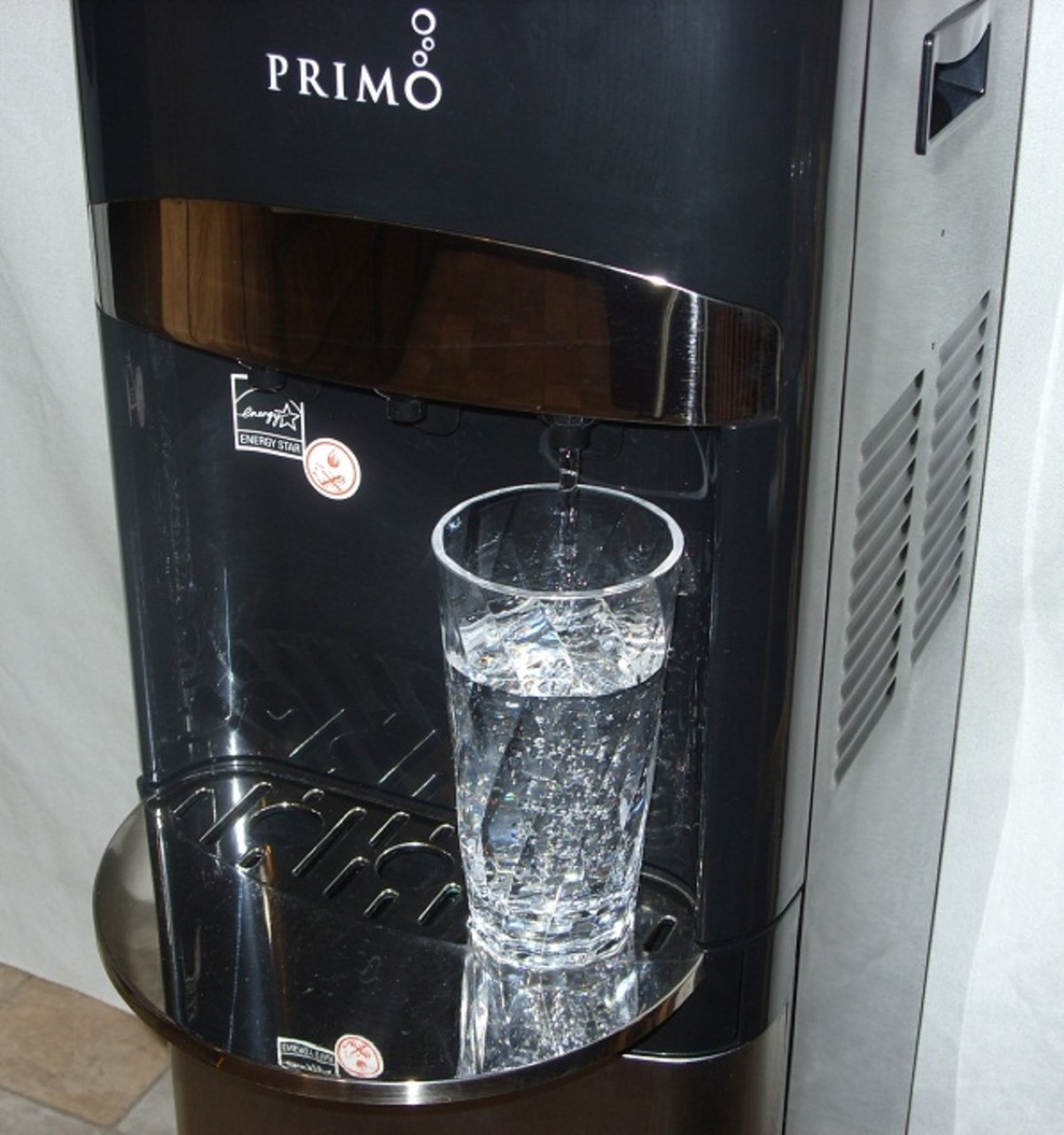

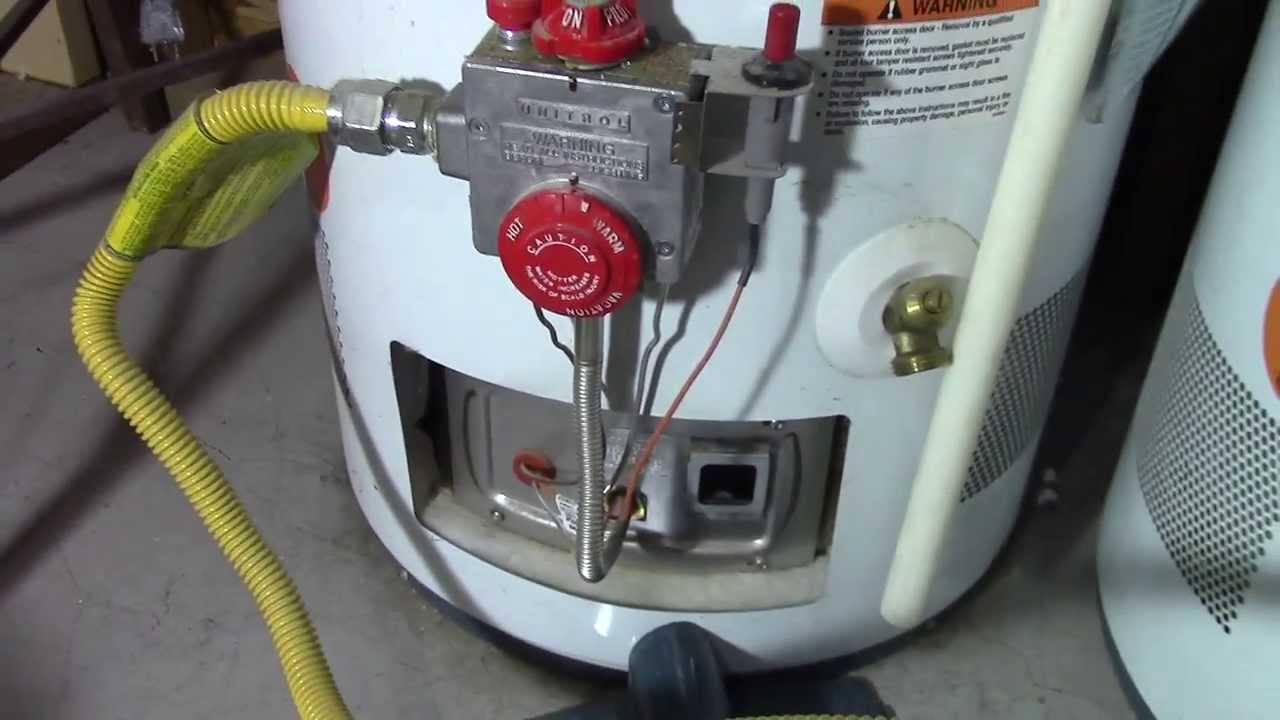
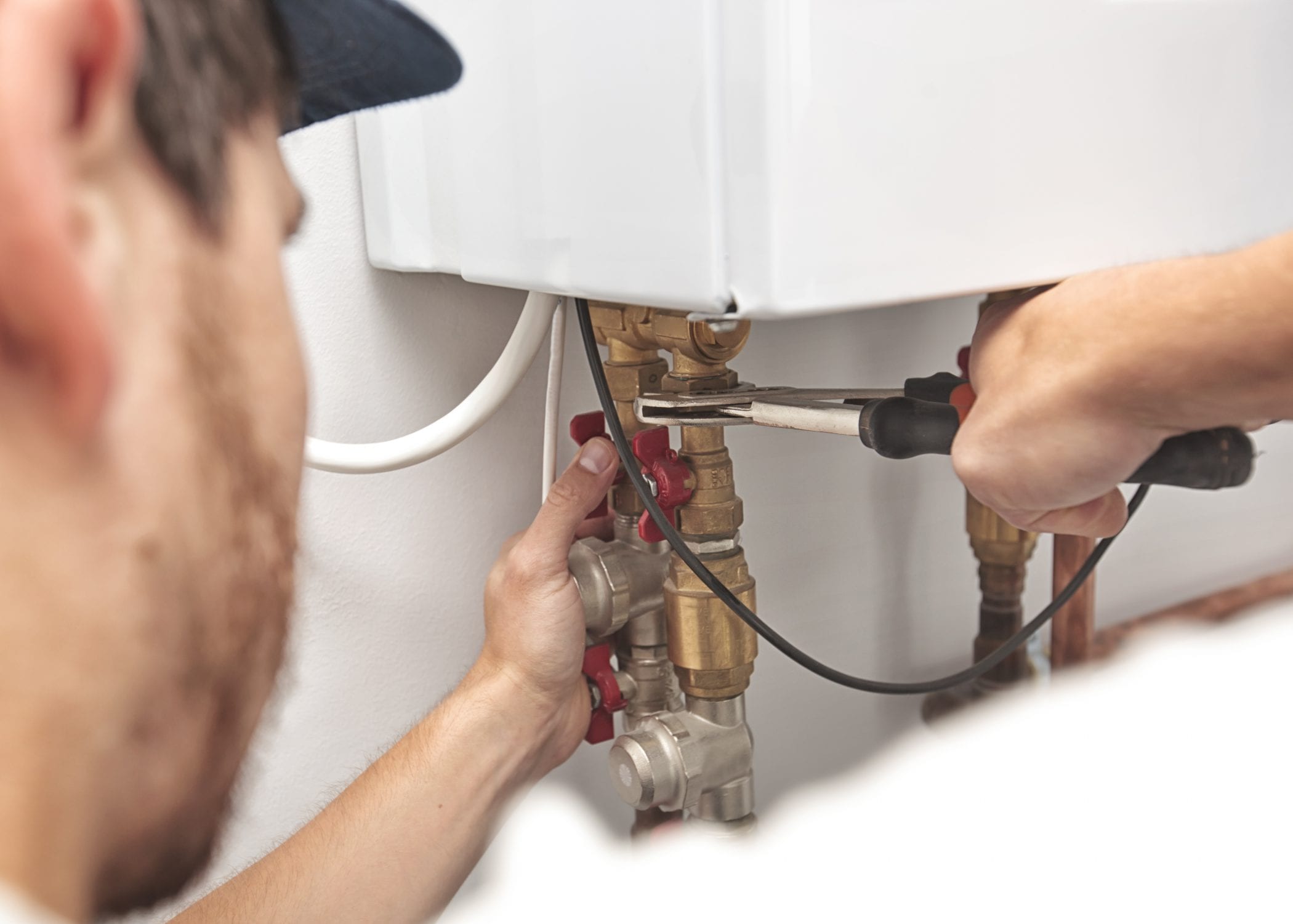
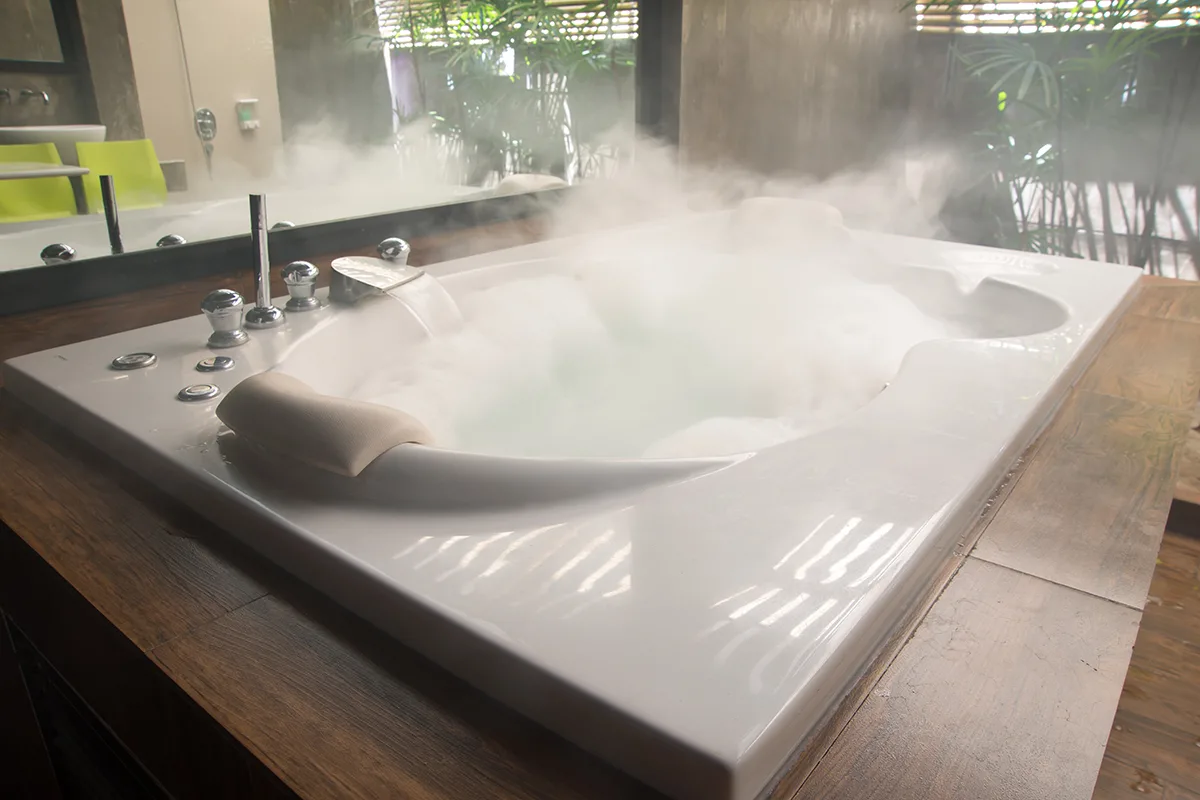
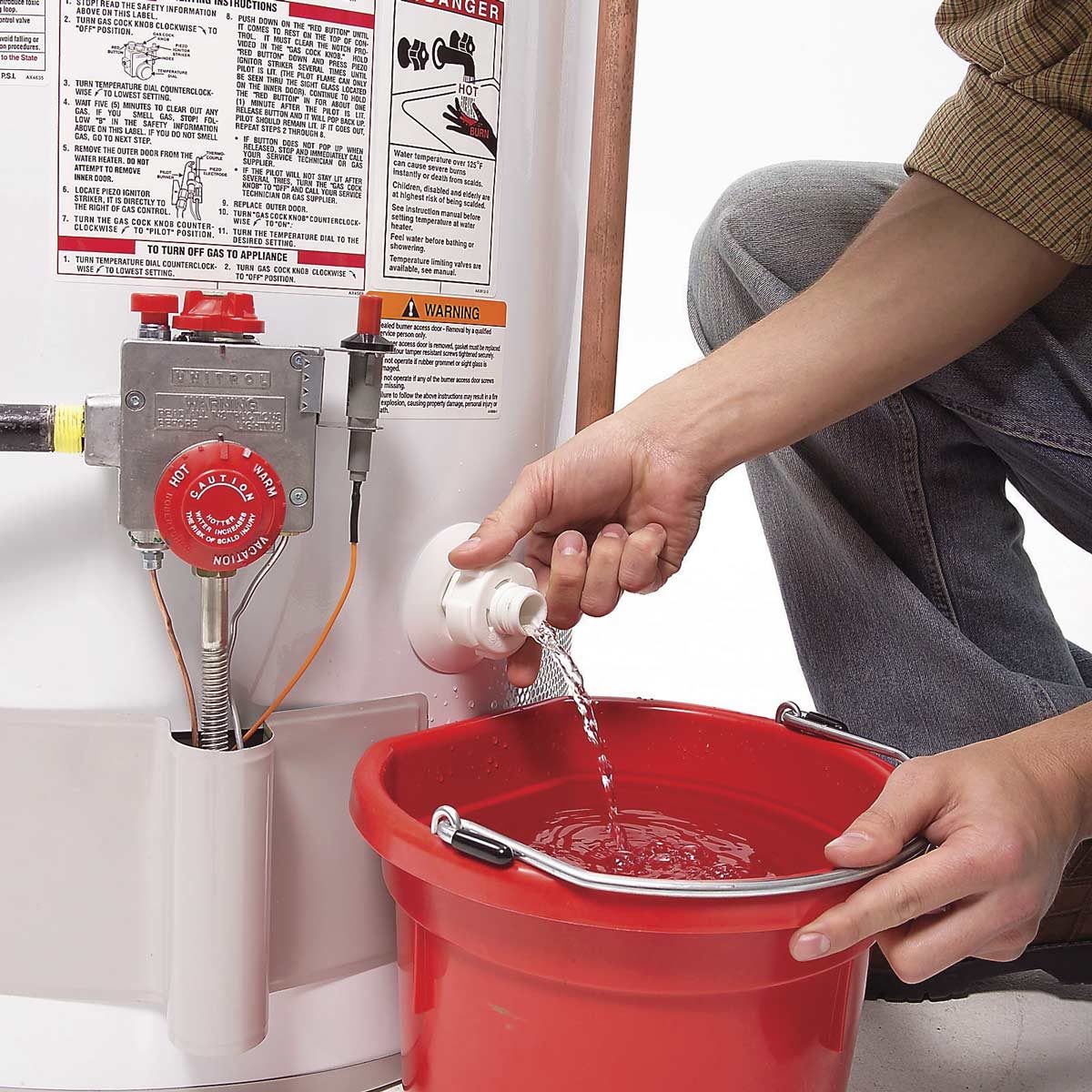
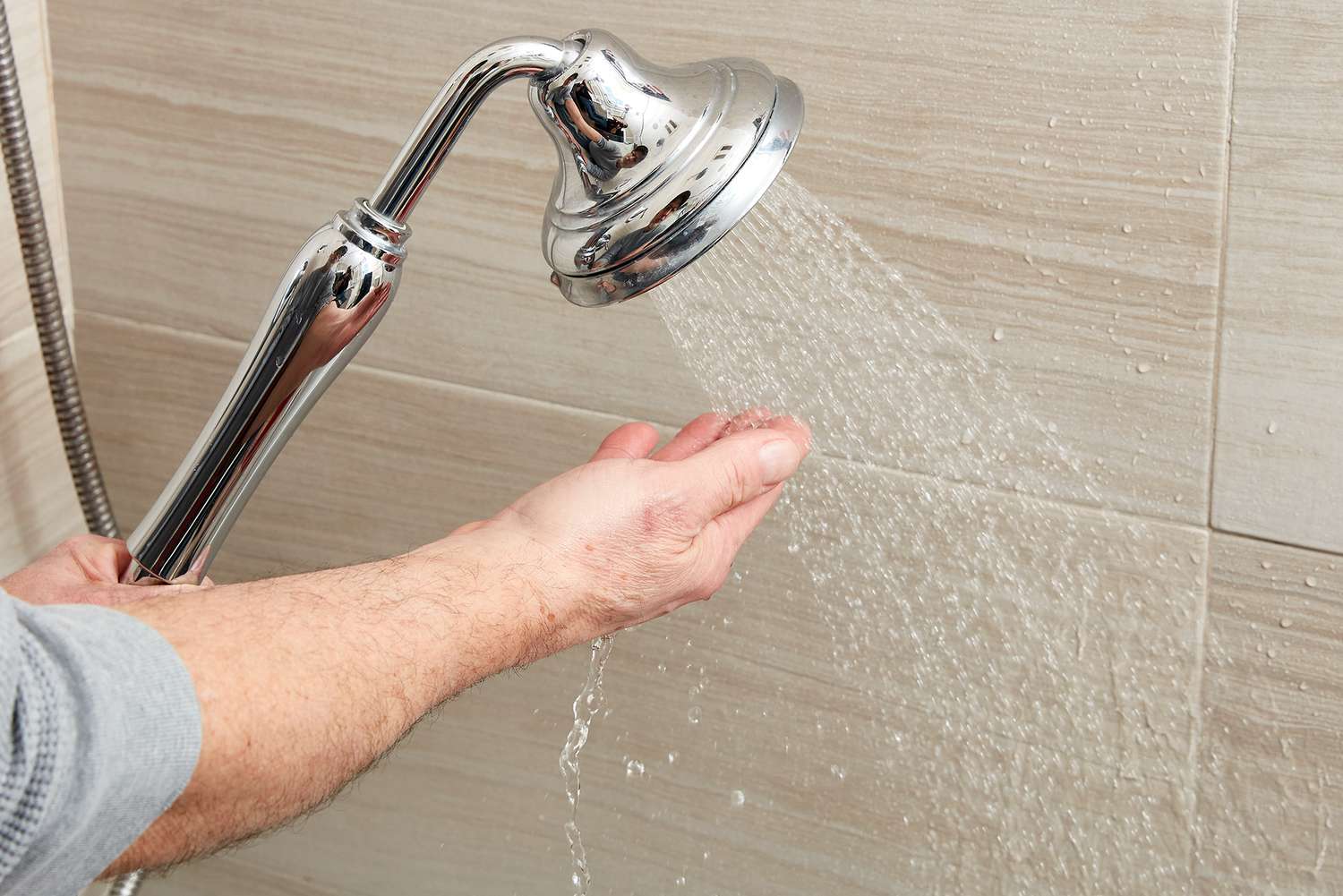
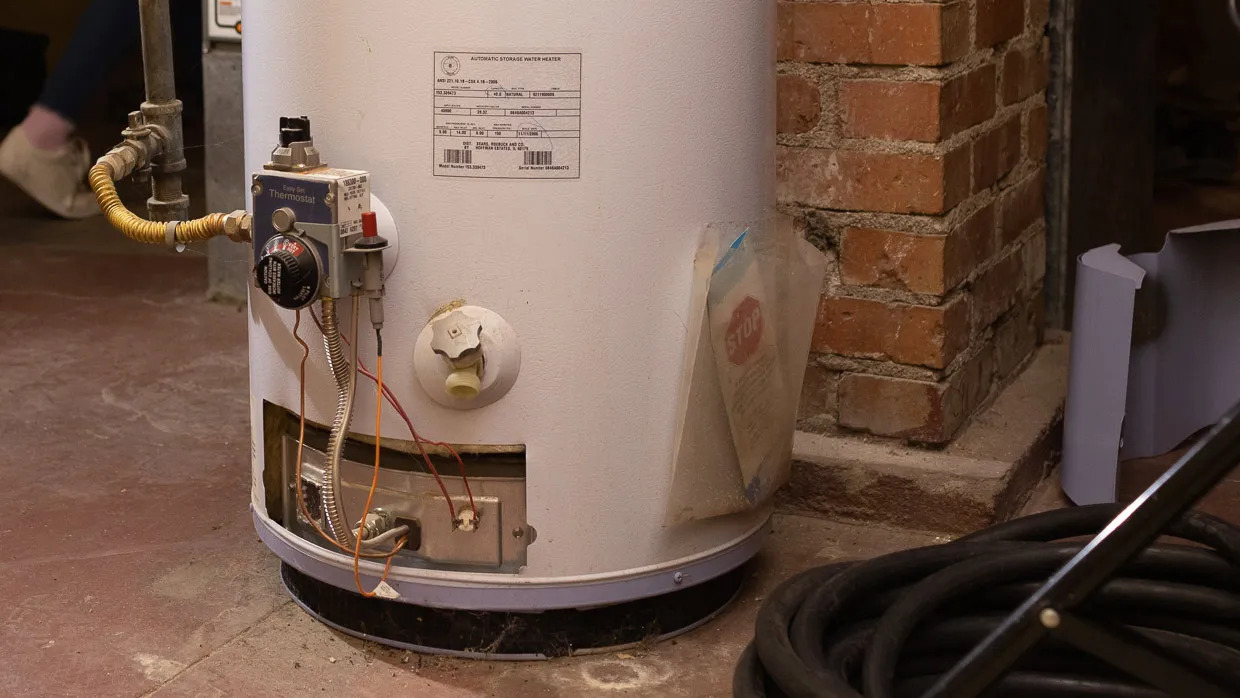
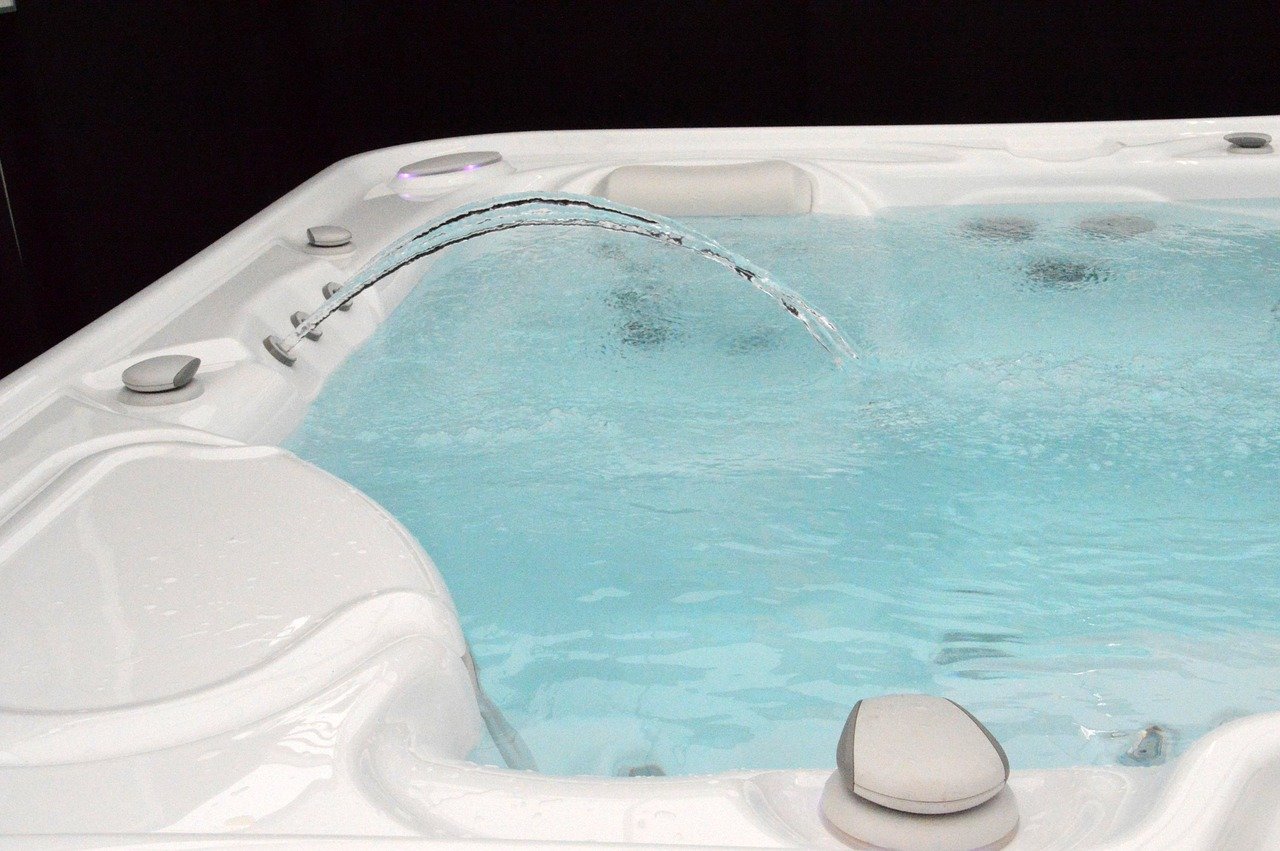
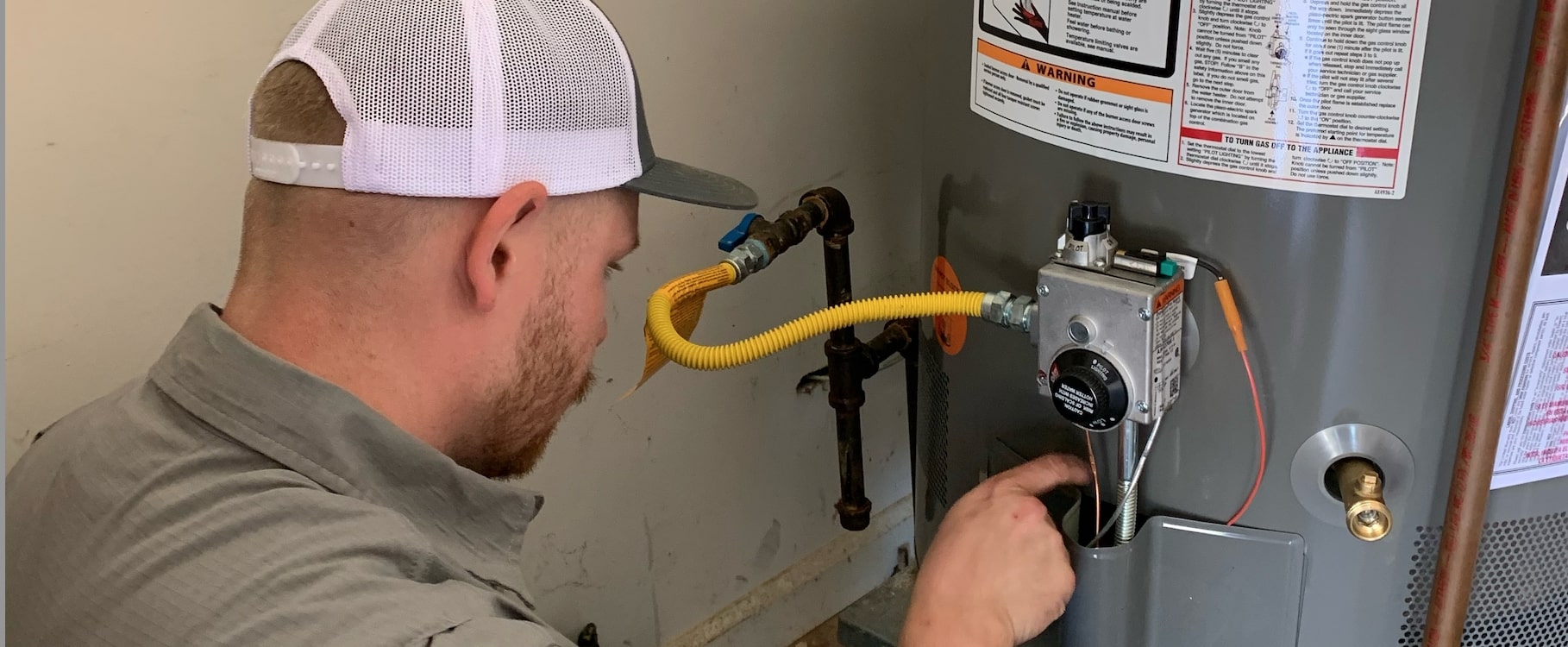
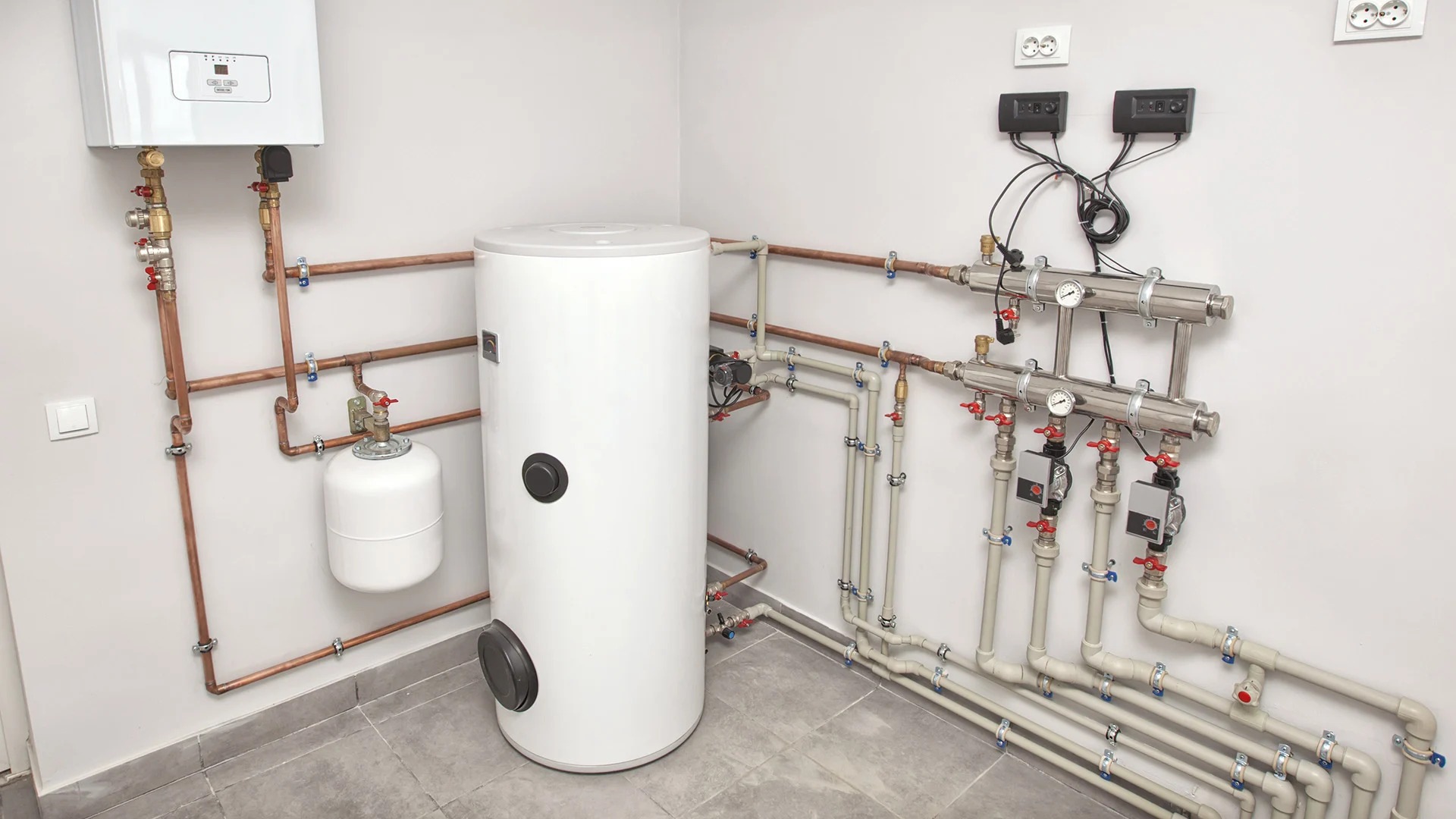
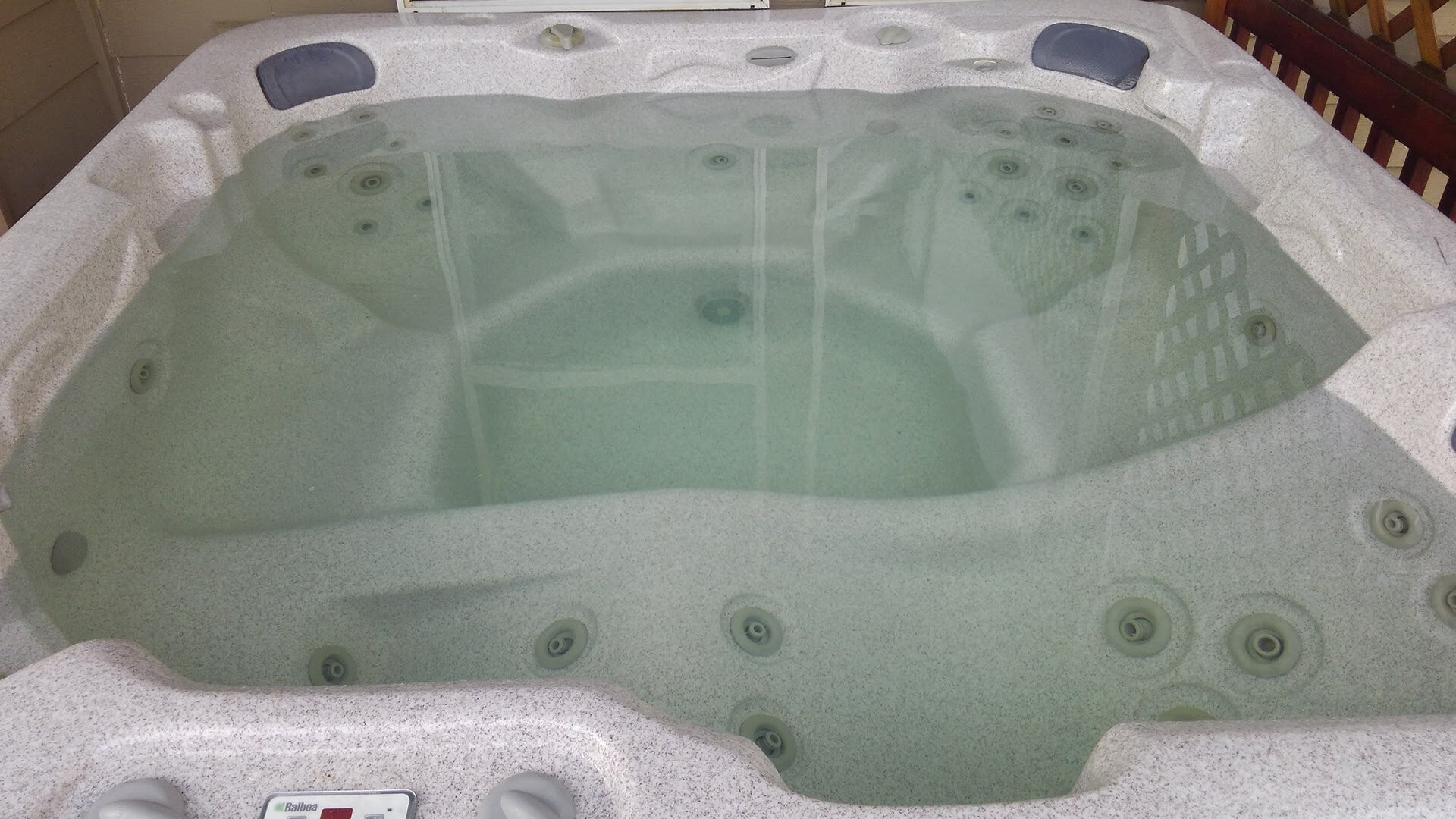
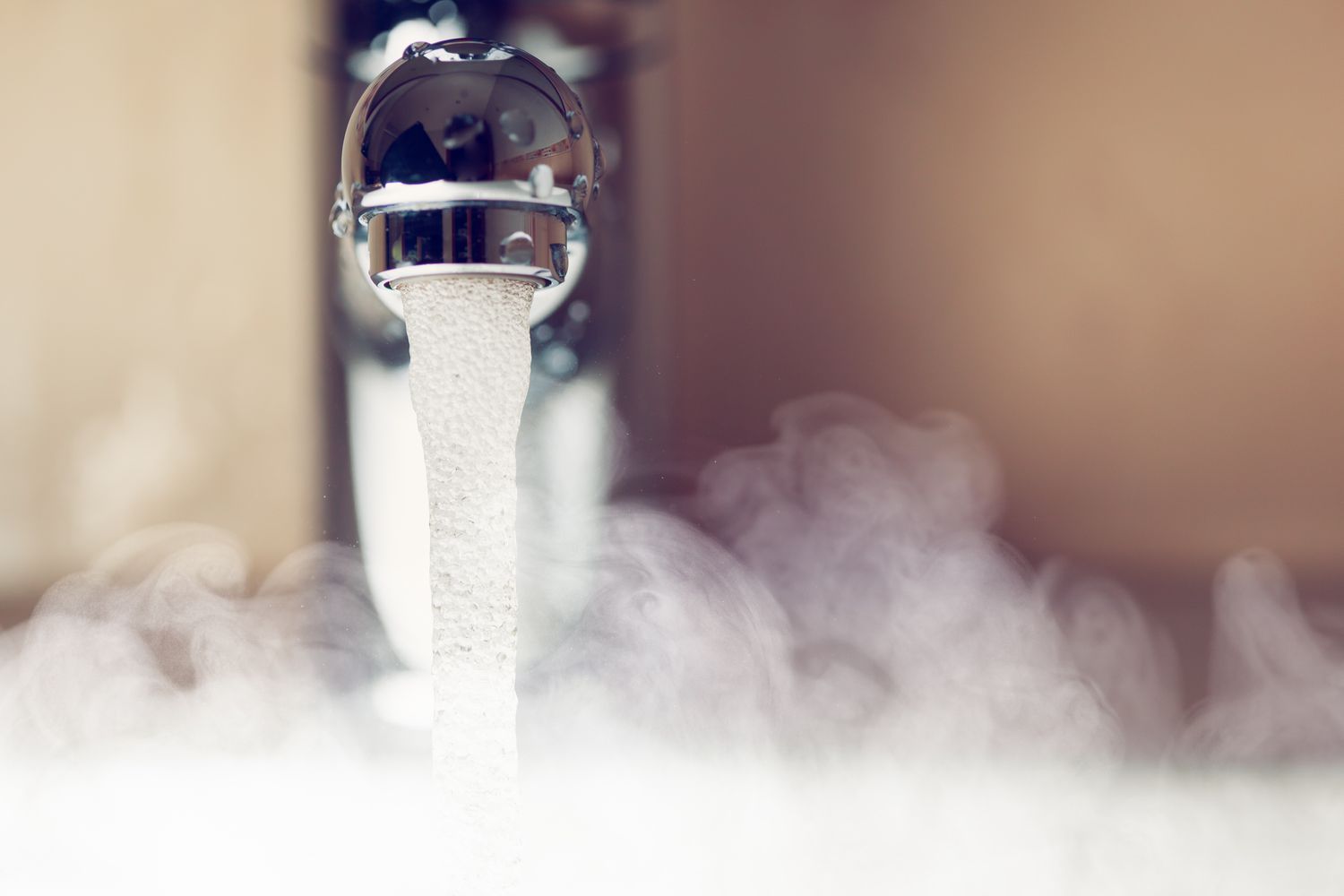

0 thoughts on “The Enigma Of Endless Hot Water”